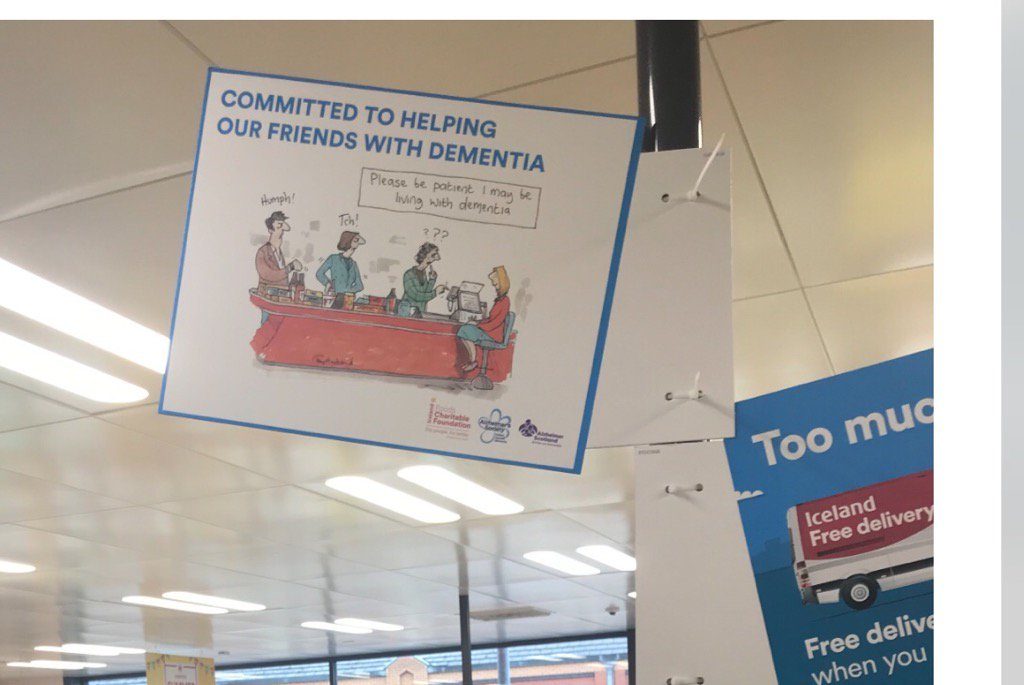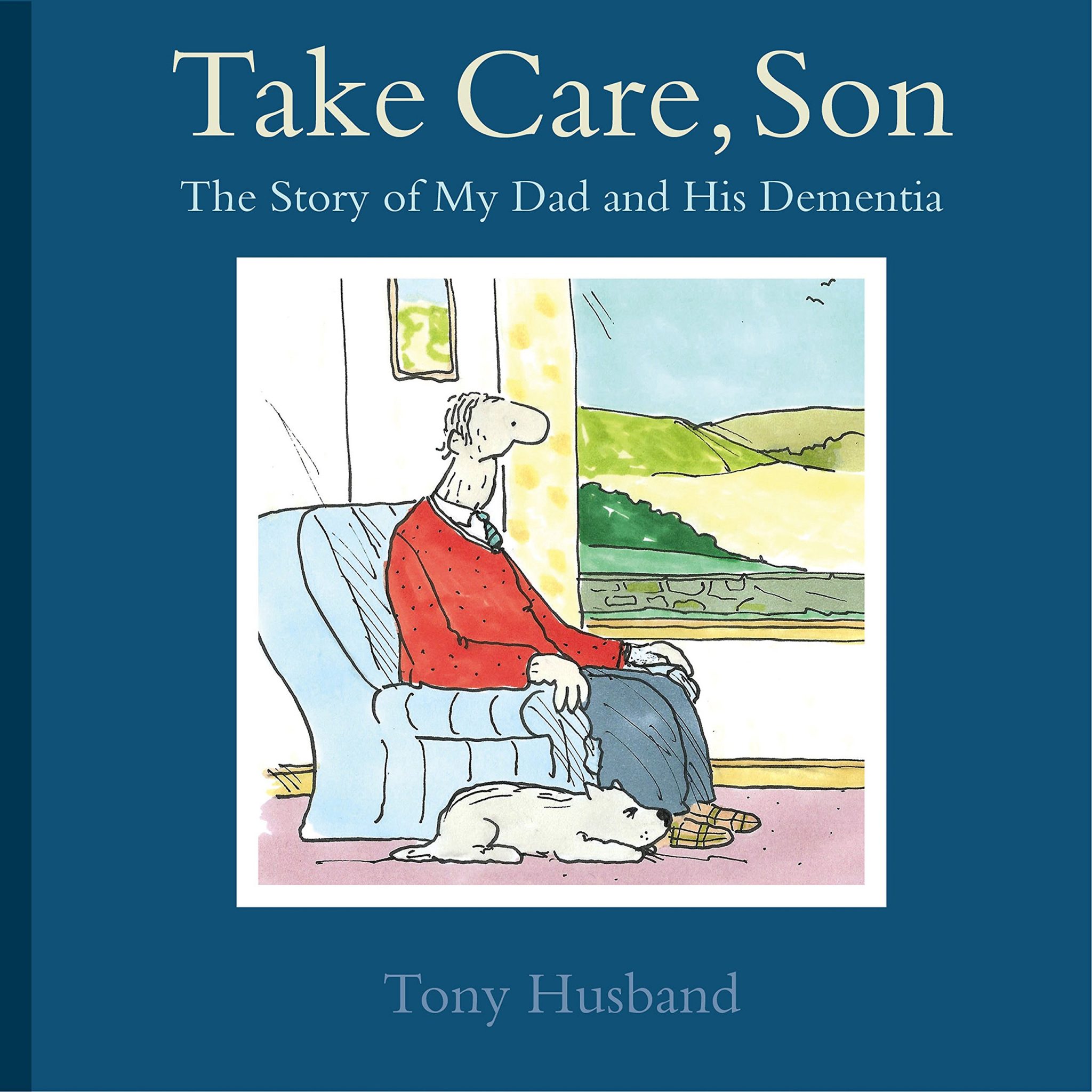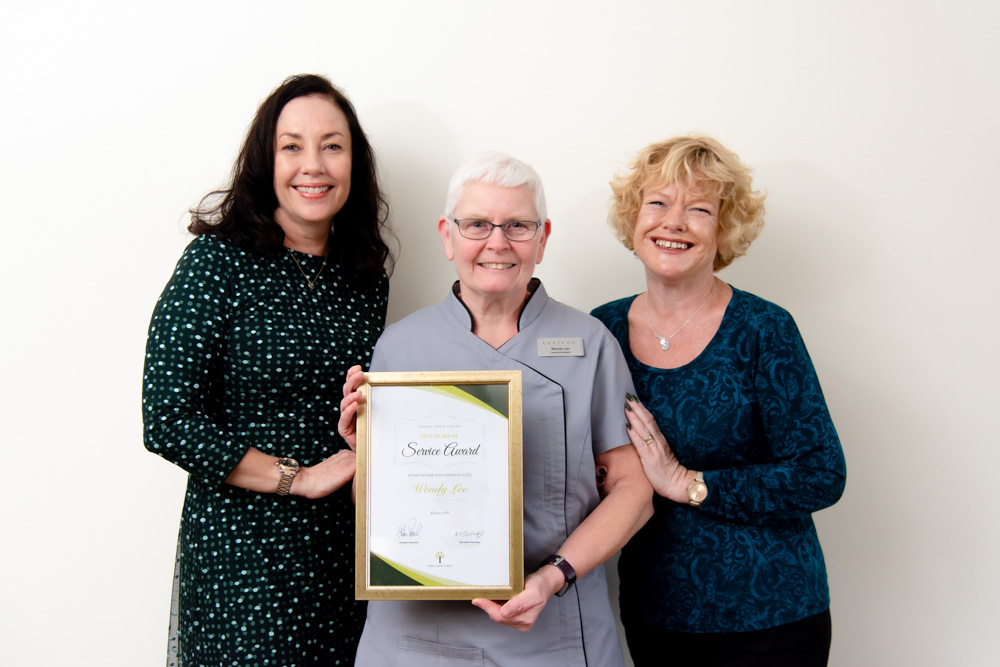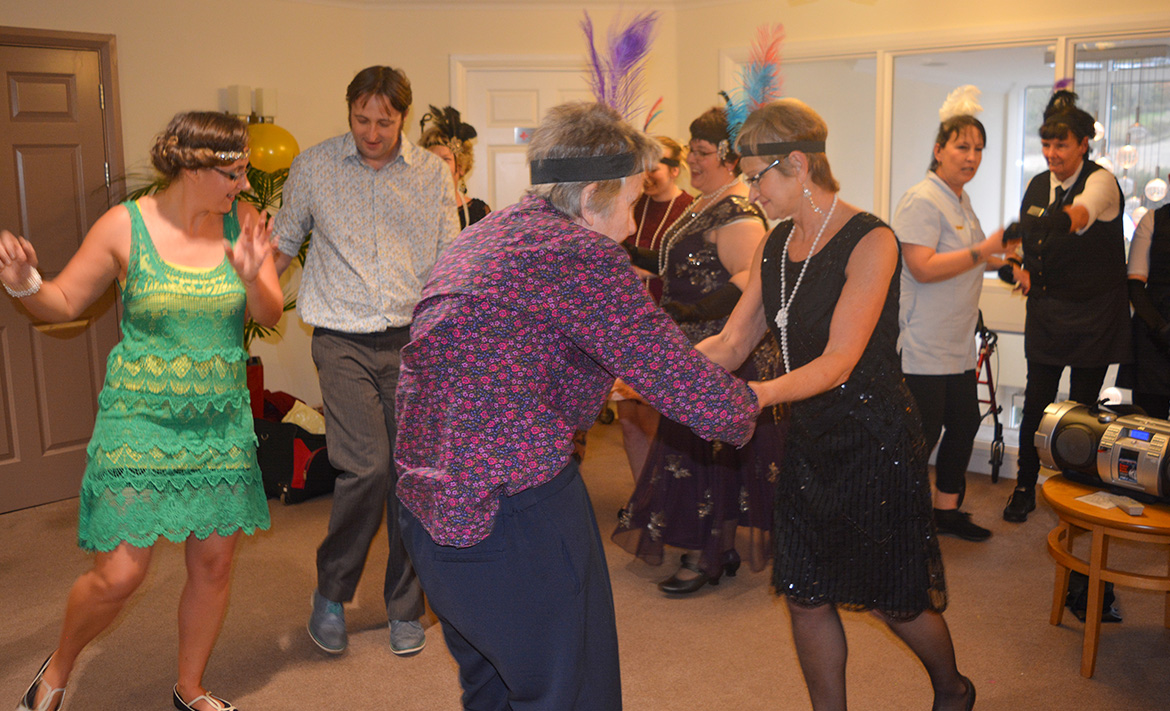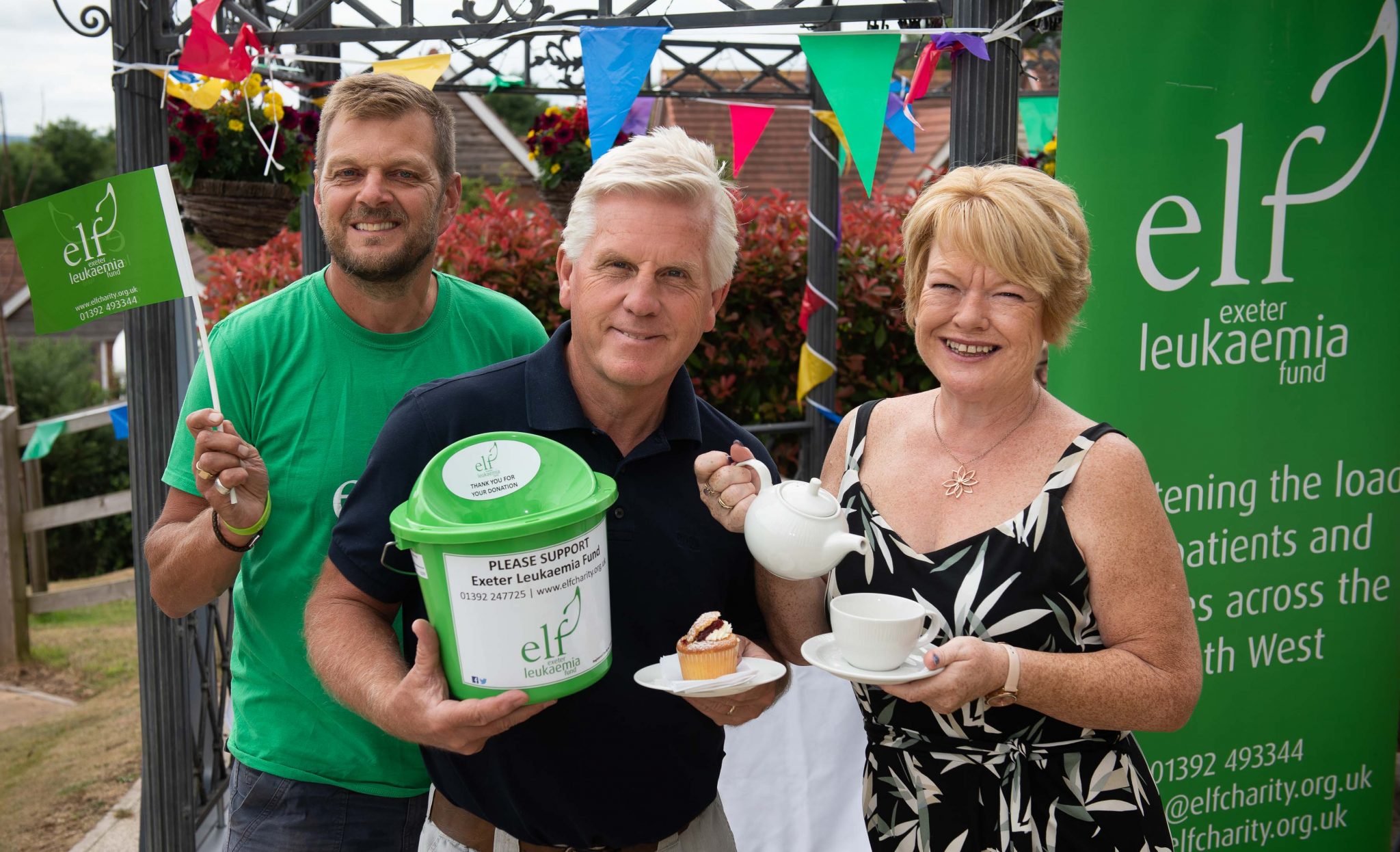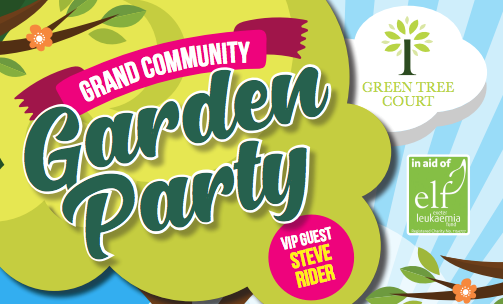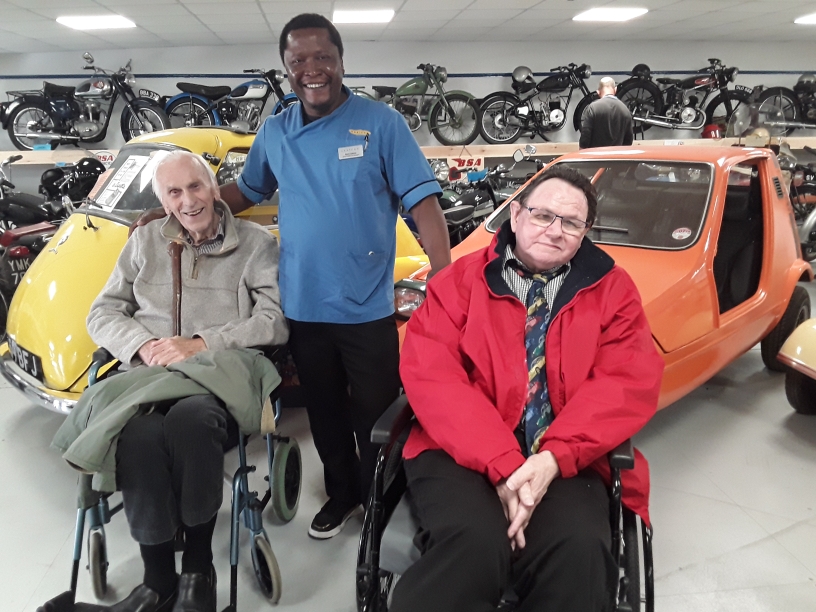Tony Husband has been a full-time cartoonist since 1984. His cartoons have appeared in many newspapers, magazines, books and websites, and in several TV and theatrical productions. They include Private Eye, The Times, Punch, Playboy, The Sunday Express, The Spectator and The Sun. As a result, Tony has won more than 15 major awards, including the Pont Award for depicting the British way of life. Yobs, which he draws for Private Eye, is one of the best-known comic-strips in Britain.
In the 1980s, Tony co-devised and edited Oink!, a popular children’s comic, and its TV spin-off, Round The Bend, for Hat Trick Productions. For the theatre, he co-wrote a play and accompanying book, Save The Human, with David Wood. He and the poet Ian McMillan tour the UK regularly with their show A Cartoon History of Here, an evening of live, improvised poetry and cartoons.
Alongside his thriving work schedule, the cartoonist is also an active dementia campaigner. If you’ve visited us at Green Tree Court, you will likely have seen the piece he kindly donated hung centre-stage in our foyer. We caught up with Tony, to find out more about where he finds his artistic inspiration and what led him to create Take Care, Son: The Story of My Dad and His Dementia.
I’ve seen a lot of your work in Private Eye, where do you find inspiration for your cartoons?
A lot of people ask me where l get my ideas. l honestly don’t know why they’re there but l’m glad they are. My inspiration is life and people, people in all situations: relationships between men and women, families, pets, work , hobbies. That’s a very rich field to plough. I lie on my thinking couch with a blank piece of paper and fill it with ideas l love the process, l love deadlines too – they focus your mind. I think there’s a huge lake of creativity and ideas and I’ve tapped into it fortunately.
“He was a very good blues pianist who’d played in the army and he’d sit down anywhere and just start playing – boogie, blues, George Gershwin and Cole Porter.” I read in an interview you did in 2014 that your father loved music. A lot of research has been done into the positive effects that music has on those living with dementia. Did your father maintain his love for music as his dementia symptoms became more severe?
Dad loved music he was a brilliant boogie and blues player. He had an upright piano at home that he would ply everyday. Mum could play too, but not as well. There was always music in the house – hence the four brothers are totally music freaks. I play music all the time except when l’m thinking but loud when l’m drawing..we bought dad a keyboard when he went into the Care home.
I thought it was a waste because he couldn’t use the remote for his TV. Jim my brother disagreed and said he would be able to play it. Jim was right and it was the best thing we did for him. He would play it all the time and he would preform at parties and events in the home. Everyone sang along and danced to the classic pub songs he played music was the last thing with all those living with dementia that stayed in their memories. Dad even started playing his own music, very relaxing Rick awake an like sounds. l asked him once if it was his music? He said, “Yes music gives me freedom.” I’ve a video somewhere of me playing bongos on an upturned litter bin while Dad played his keyboard.
My father had passed away a few months earlier and l was sat in my studio after a long day of deadlines. I started thinking of him and just asked him what it was like to have dementia… he replied! So l had a conversation with him and drew on 4 x A4 pages our conversation. Whether it was dad, my imagination or the bottle of Rioja l’d opened, it worked. I showed my friend Stephen Fry the pages and he asked if he could tweet them – and if my system could take 12 million hits – and he did. It went viral and a publisher emailed and asked if l would like to create a book from the pages.
Did you find the creative process challenging, cathartic, or both?
I love the creative process. I find it exciting and thrilling..and watching ideas l put down on a scrap of paper come to fruition is wonderful.
I have two faves… The sad one, where dad is looking out of the window down the valley realising things were changing in his mind and nothing would be the same again and the one with Sylvia his girlfriend in the home, where they are walking together along a hallway. He told me, “we go everywhere together”. l’d watch them walk hand in hand around the corridors of the care home, looking in rooms together seeing what ever they saw, their world reduced to that.. After one of my talks in Hebden Bridge, a lady come up to me and said “Sylvia was my mum and she loved your dad”. We hugged and cried.
You’ve become quite the campaigner for dementia. We sponsored one of the pages in your Exeter Dementia Action Alliance 2019 calendar. I loved your Iceland cartoon above the checkout. (See below.) Why do you think dementia is such a misunderstood condition?
I think as with all illnesses of the mind, people struggle to understand or deliberately avoid understanding because it’s what they fear the most. That’s why I’m so proud of my book and the fact it’s helping raise awareness of dementia.
There are some amazing people working so hard to help people understand more. People like Gina who l did the calendar with, Wendy Mitchell who lives with dementia wonderful Care Homes like yours who understand and work tirelessly to make life better for those with dementia..there’s still so much to but I’m encouraged by the words of health minister Matt Hancock who seems genuinely understanding and driven to do good work.
Thank you Tony for taking the time to speak with us! For anyone interested in reading Take Care, Son: The Story of My Dad and His Dementia, it‘s available to purchase on Amazon, here.
